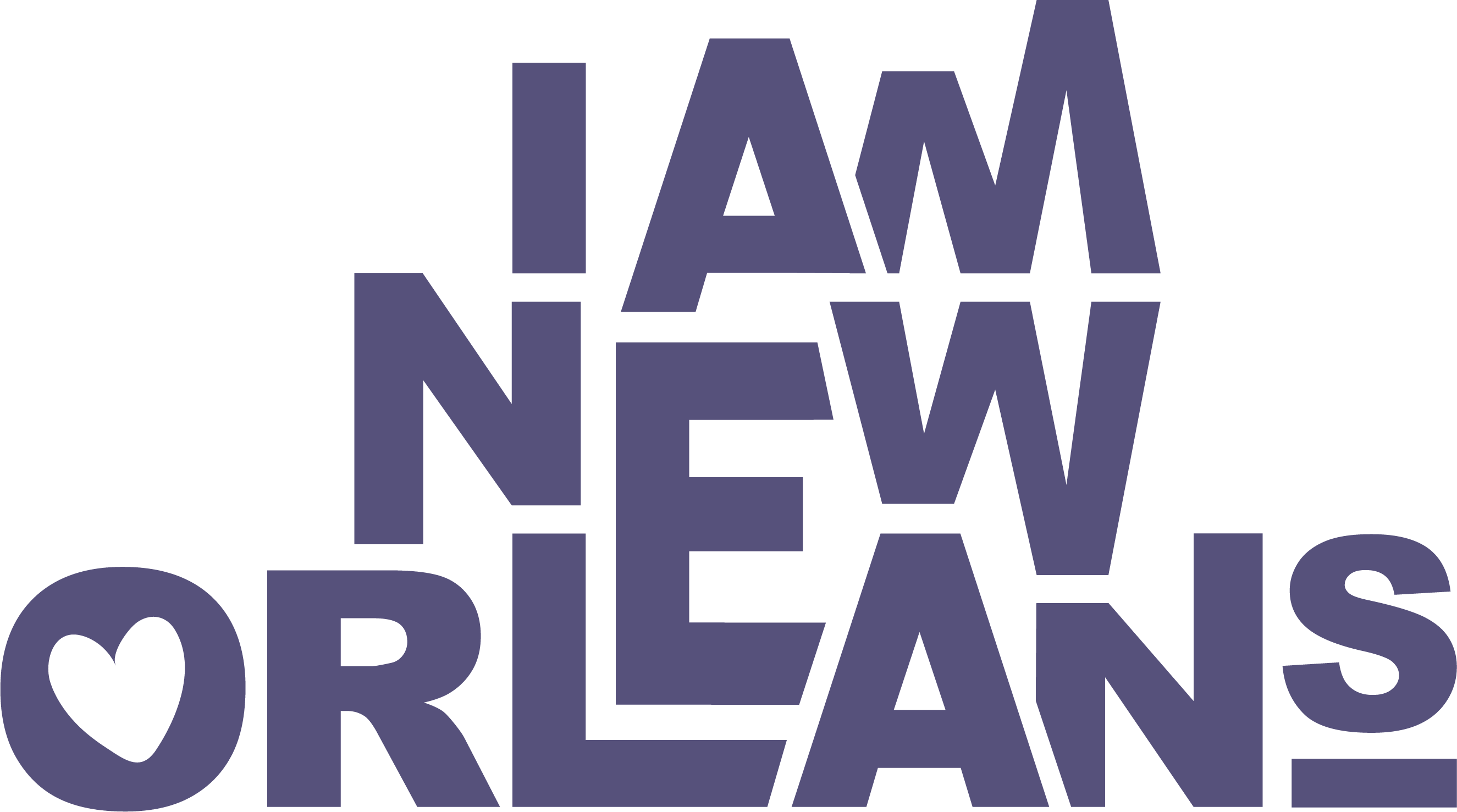Growing Together: A Discussion on Food Equity and Accessibility

In Brief
In the midst of the holiday season, a time of celebration centered around food and drink, a panel of community experts and youth leaders discussed food equity and accessibility and solutions to combat today’s food challenges in our communities.
The event, Growing Together: A Discussion on Food Equity & Accessibility, was part of the I Am New Orleans community campaign focused on inspiring conversation and action around issues of racial equity. About 70 people joined us at Langston Hughes Academy, a pre-K through 8th grade school that has a Dreamkeeper Garden, where students learn about gardening, cooking and animals through on campus learning and interactions with goats, chickens, pigs and more. The community expertise was diverse, from backyard farmers, to a DJ/influencer turned urban farmer to youth growers looking to sow a stronger growing community.
While New Orleans is known to be one of the top “food cities” in the U.S., it also is one of the top 10 Metropolitan Statistical Areas (MSAs) struggling with food insecurity. Food deserts are defined as low-income areas where most residents do not have easy access to a supermarket or large grocery store. Pamela Broom, director of FARMacia Wellness Hub, says food insecurity in our city is not only a matter of food production, it involves education, social issues, infrastructure, economics and distribution.
Why This Matters
“Urban farming programs in New Orleans are creating a stronger food system by supporting farmers directly, growing and harvesting food on-site, facilitating community gardens and advocating for policy change,” added Kim Curtis with Crown Community Garden. “Many people don’t understand where food comes from or how it’s grown, so connecting people with their food bridges that gap.”
During breakout discussions, groups discussed how to support their communities growing food, a solution to increasing access to fresh food for low-income families. They also discussed the relationship between farmers and land security, such as how to protect and preserve urban farmers who do not own their land, and the importance of mentorship for young growers.
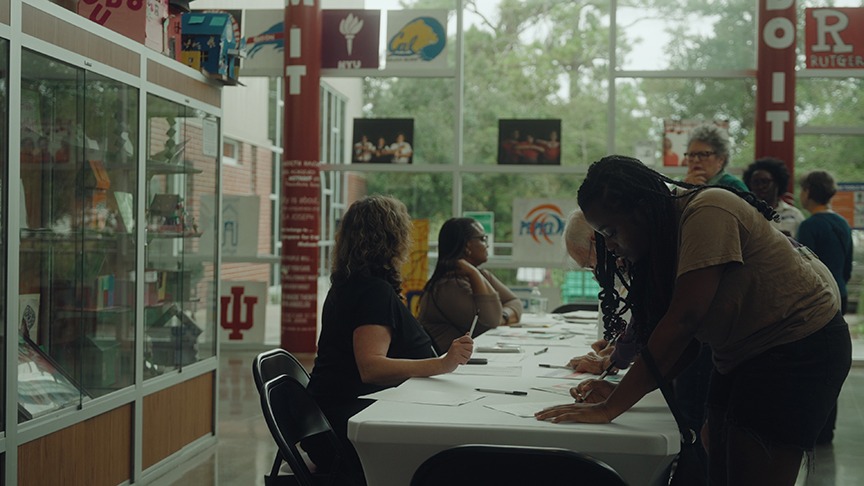
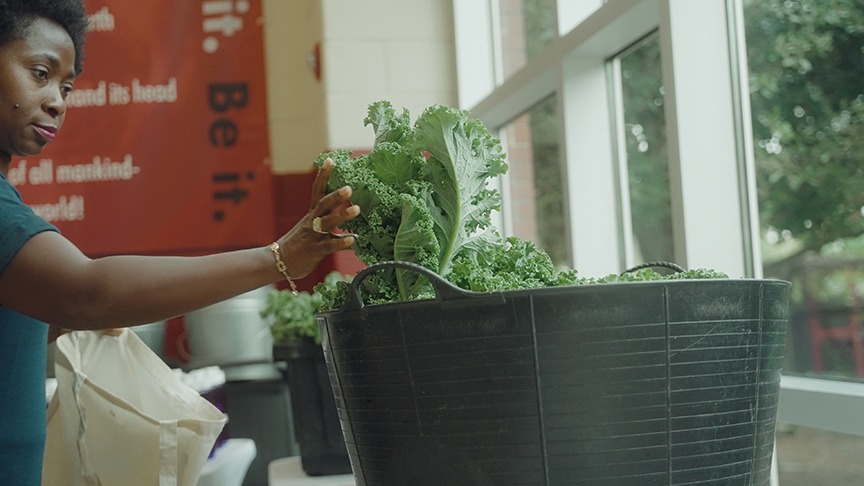
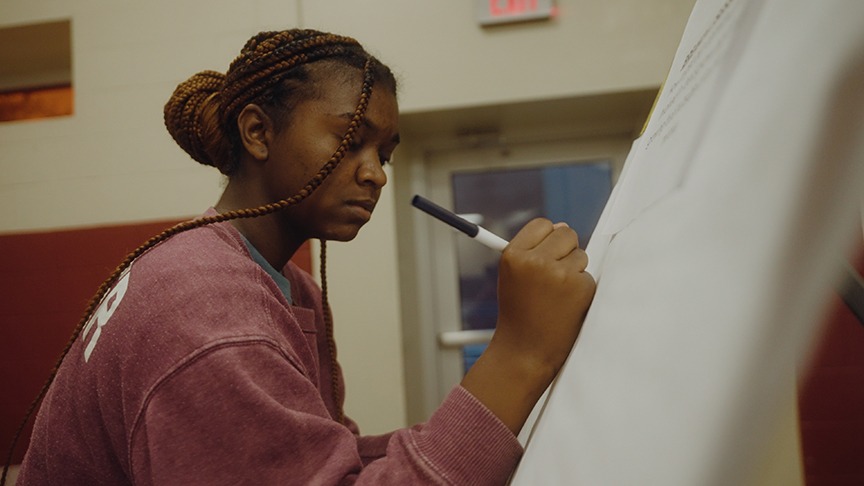
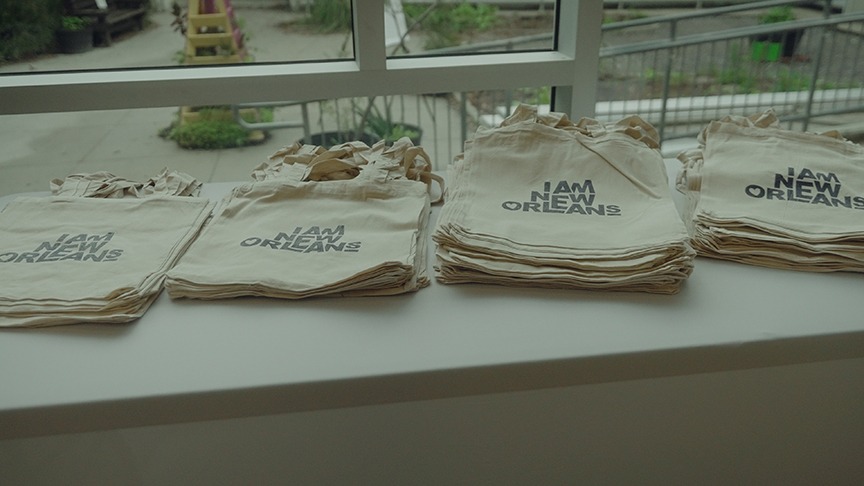
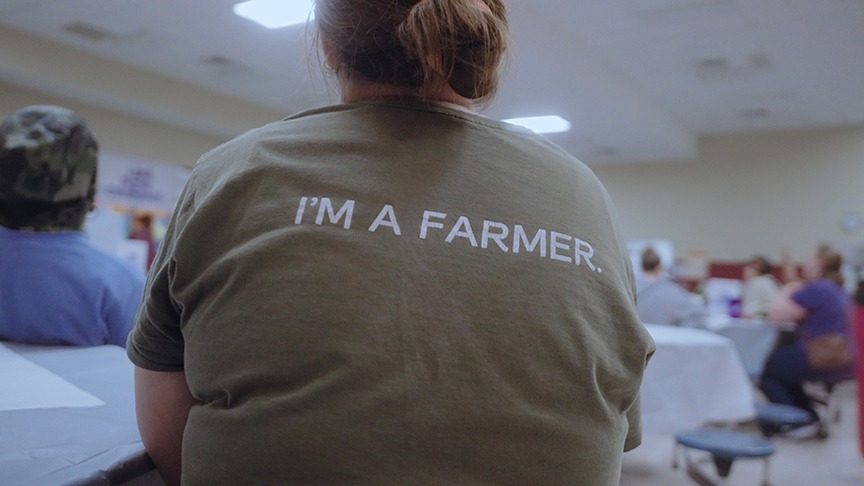
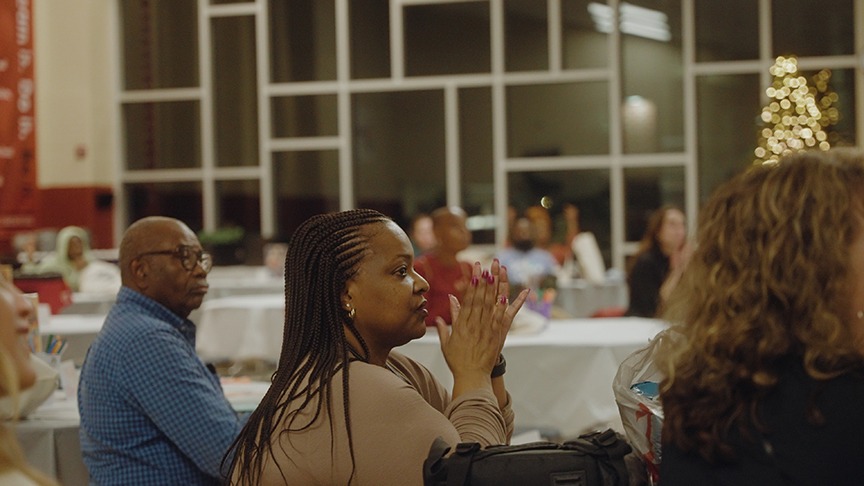
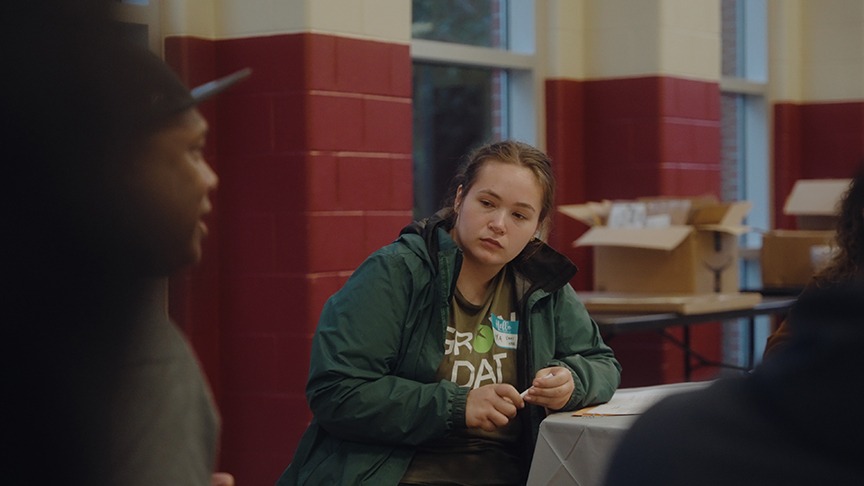
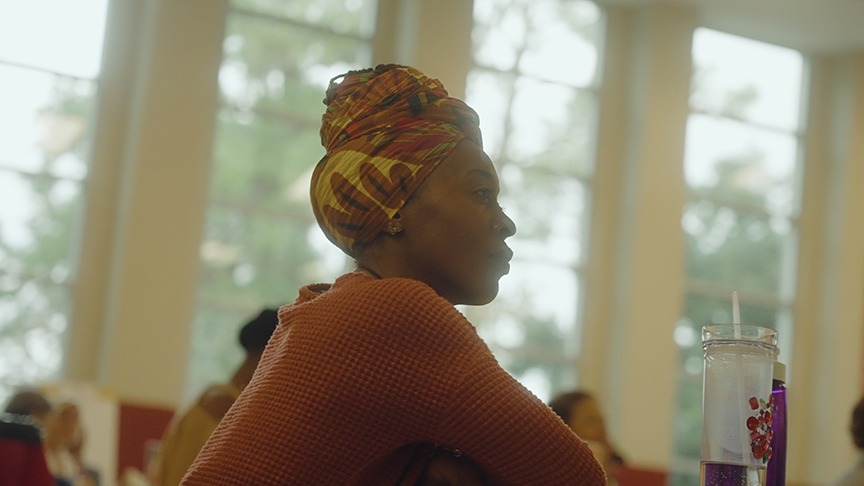
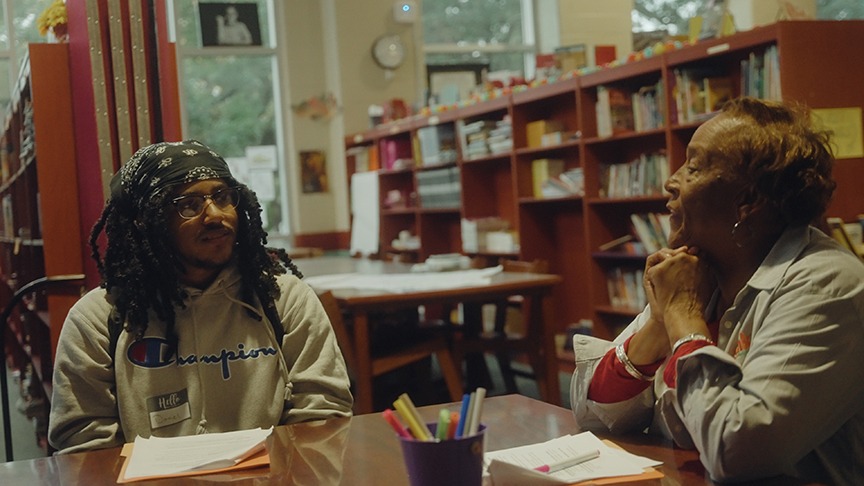
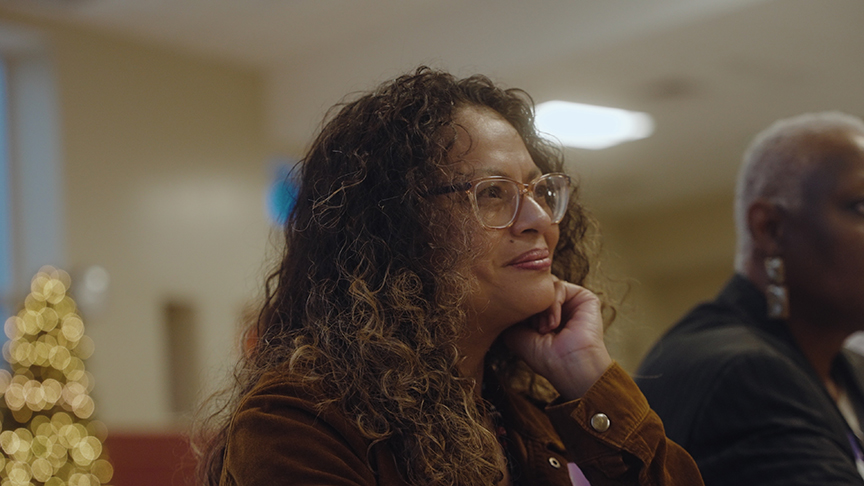
The Opportunity
Food insecurity looks different for everyone, however, resources and solutions are right here in our backyard and will sow generational change. Email us at connect@iamneworleansvoices.com to share resources. To learn more about equitable solutions to food insecurity, visit our partners:
